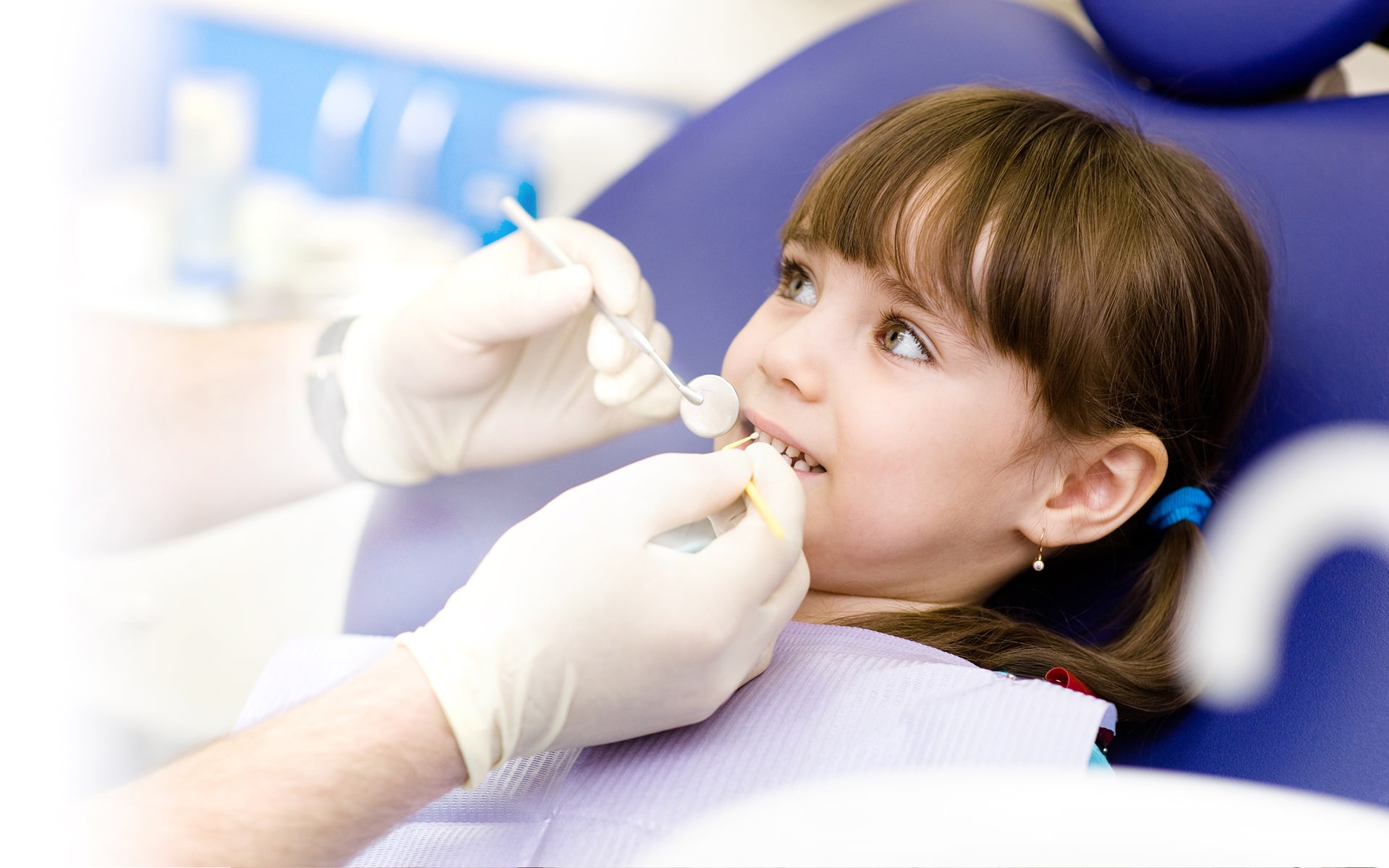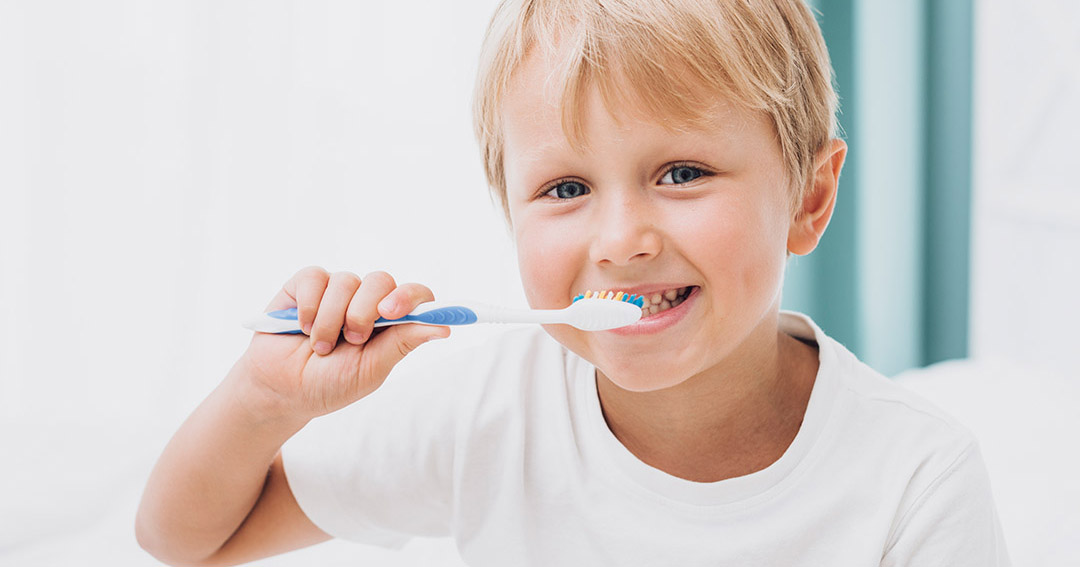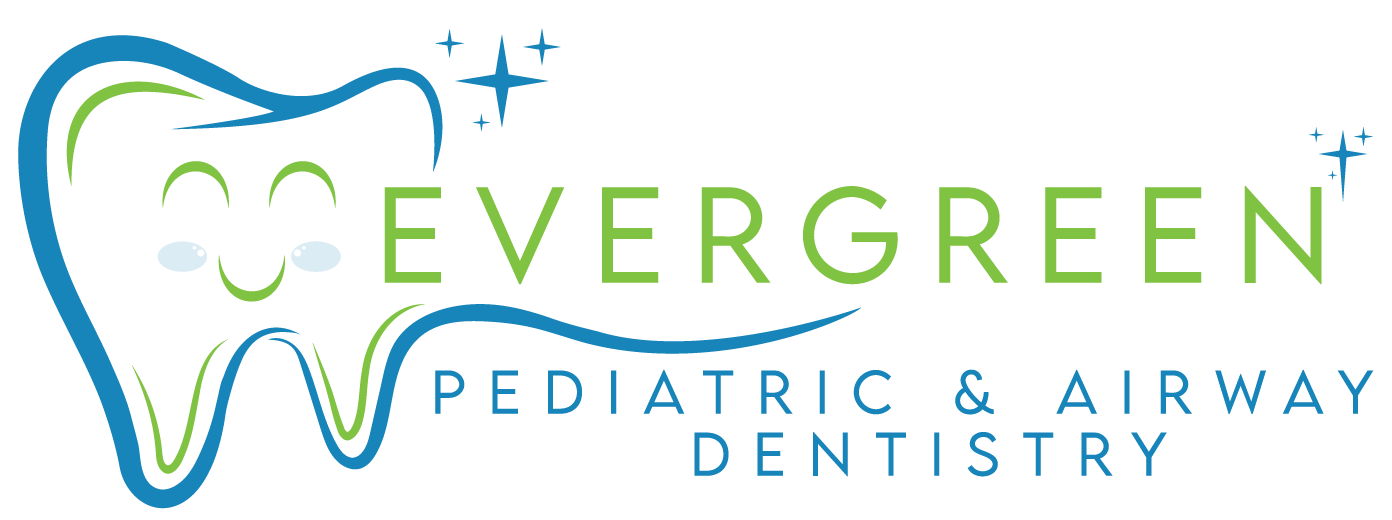The Importance of Teeth Cleaning for Children: A Parent’s Guide
Imagine, if you will, a realm where dragons lurk in the shadows, where brave knights stand ready to battle, and where the quest at hand isn’t for gold or glory, but for gleaming smiles and healthy teeth. This realm isn’t from a storybook; it’s the world of pediatric dental care, a critical kingdom in the land of parenting. As guardians of this realm, we must equip our young knights and princesses with the armor they need to fight the dragons of decay and the specters of cavities. Join us on this epic adventure, as we delve into the importance of teeth cleaning for children, transforming what could be a mundane task into an exciting journey towards health and happiness.
Laying the Foundation: Early Dental Hygiene Habits
Laying the foundation for good oral hygiene from an early age is crucial in ensuring a lifetime of healthy teeth and gums for children. Establishing early dental hygiene habits, such as regular teeth cleaning, plays a pivotal role in preventing common dental problems like tooth decay and cavities, which are among the most prevalent issues faced by children today. The process of brushing and flossing daily helps in the removal of plaque—a clear, sticky film of bacteria that forms on the teeth and gums. If not removed, plaque can lead to tooth decay and gum disease, making the role of consistent oral hygiene practices invaluable from the earliest stages of a child’s life.
Moreover, the importance of these habits extends beyond preventing immediate dental issues. Early dental hygiene practices set the stage for long-term oral health, instilling behaviors that children are likely to carry into adulthood. Regular dental cleanings, as advised by pediatric dentists, further complement daily brushing and flossing by removing plaque and tartar that cannot be eliminated through brushing alone. These professional cleanings are not only essential for maintaining oral health but also serve as educational sessions where children learn the importance of taking care of their teeth, reinforcing the habits established at home.
In addition to preventing dental problems and fostering a culture of oral health awareness, early dental hygiene habits contribute to overall well-being. Poor oral health has been linked to various health issues outside the mouth, including heart disease and diabetes. Therefore, by prioritizing teeth cleaning and regular dental check-ups from a young age, parents can play a significant role in protecting their children’s health well into the future. It’s clear that laying a strong foundation of dental hygiene habits is not just about preventing cavities—it’s about setting children up for a lifetime of health and well-being.

Children Dental Cleaning
The Battle Against Plaque: Understanding the Enemy
The battle against plaque is a crucial aspect of maintaining oral health, particularly for children. Plaque, a sticky, colorless film of bacteria, constantly forms on everyone’s teeth and gums. When sugars and starches from food and beverages interact with these bacteria, acids are produced. These acids can attack the teeth for 20 minutes or more after eating, leading to tooth decay, one of the most common dental problems among children. Understanding this enemy is the first step in combating it effectively. Regular teeth cleaning, through brushing and flossing, disrupts this harmful cycle by removing plaque and minimizing the risk of decay. This preventative measure is essential for children, whose developing teeth and gums are particularly susceptible to the damages caused by plaque.
Moreover, the implications of plaque buildup extend beyond cavities. If not addressed, plaque can harden into tartar, a crusty deposit that can trap stains on the teeth and cause discoloration. Tartar forms along the gumline and can lead to gum disease, a condition that can be more challenging to treat and could have long-term consequences for a child’s oral and overall health. Early education on the importance of dental hygiene plays a significant role in preventing such outcomes. By instilling good habits early, parents and caregivers can help children understand the importance of battling plaque daily.
Finally, the fight against plaque and its potential consequences underscores the importance of routine dental cleanings and check-ups. Professional cleanings complement at-home care by removing plaque and tartar buildup that brushing alone cannot eliminate. These visits also provide an opportunity for dental professionals to identify and address issues early before they develop into more serious problems. Thus, understanding and combating plaque through consistent oral hygiene practices and professional dental care lays the foundation for a lifetime of healthy smiles for children.
The Magic of Regular Check-ups: The Wizards of Dental Care
The significance of regular dental check-ups for children cannot be overstated, acting much like wizards in the realm of dental care, wielding their expertise to guard against oral health threats. These routine visits serve as a powerful spell against the common adversaries of tooth decay and gum disease, both of which can cast shadows over a child’s well-being. By scheduling regular dental examinations, parents ensure that professionals can oversee their child’s oral health, applying their knowledge and tools to detect and treat problems before they evolve into more serious conditions. Early detection and intervention are key in maintaining not just the health of a child’s teeth but also their overall health, as poor oral hygiene has been linked to numerous other health issues down the line.
Moreover, these dental care wizards play a crucial role in educating children and their parents about proper oral hygiene practices. During these visits, dentists and hygienists impart valuable lessons on the correct way to brush and floss, the importance of a balanced diet, and how to avoid habits that may harm teeth. This education is pivotal, as it lays the groundwork for a lifetime of good oral hygiene habits. Children learn to see tooth brushing and flossing not as chores, but as integral parts of their daily routines, akin to magic spells for keeping dental troubles at bay.
Lastly, the positive experiences that children have during these check-ups can demystify the process of visiting the dentist, transforming it from a potentially frightening encounter into an engaging and enlightening experience. By building a rapport with their dental care providers, children are likely to develop a more favorable view of dental care, reducing anxiety about future visits. Regular dental check-ups thus become not just a means to ensure oral health but also an educational and comforting ritual that children look forward to, knowing that these wizards of dental care are there to keep their smiles bright and healthy.

Children Dental Checkup
Fluoride: The Enchanted Shield
Fluoride stands as an enchanted shield in the realm of dental care, especially for children, whose developing teeth are more susceptible to decay and cavities. This natural mineral has a magical ability to strengthen tooth enamel, making it more resistant to the acid attacks that cause tooth decay. When applied to teeth, either through fluoridated water, toothpaste, or professional treatments, fluoride actively works to repair weakened enamel on a microscopic level. It not only halts the progression of early cavities but also prevents the formation of new ones. This preventative measure is particularly crucial during childhood when the foundation for a lifetime of oral health is being laid. By incorporating fluoride into their daily oral hygiene routine, children can significantly bolster their defenses against tooth decay, ensuring their smiles remain bright and healthy.
Moreover, the role of fluoride extends beyond just prevention; it’s an essential component of a comprehensive oral health strategy for children. Regular dental checkups often include fluoride treatments, offering an extra layer of protection. These professional applications utilize a higher concentration of fluoride than what’s found in over-the-counter products, providing an immediate boost to tooth enamel strength. Such treatments are especially beneficial for children at high risk of dental decay, offering them a lifeline to healthier teeth. As children grow and their dietary habits evolve, the protective barrier that fluoride provides helps mitigate the effects of sugar and starches, common culprits of dental issues.
Lastly, the magic of fluoride is most effective when combined with other good oral hygiene practices, such as regular brushing, flossing, and dental check-ups. Educating children on the importance of fluoride and how it acts as their enchanted shield against cavities empowers them to take an active role in their dental care. This education, coupled with consistent dental hygiene habits, ensures that the benefits of fluoride are fully realized, paving the way for a lifetime of healthy teeth and gums. The integration of fluoride into children’s oral care routine is a testament to the advancements in dental science, offering a simple yet powerful tool in the ongoing battle against tooth decay.
Conquering the Fear: Making Dental Care a Joyful Journey
Conquering the fear of dental care and transforming it into a joyful journey for children is an essential aspect of fostering lifelong oral health habits. The foundation of this transformation lies in understanding and addressing the common anxieties that children may experience regarding dental visits. By introducing dental care in a positive light from an early age, parents and caregivers can help children view teeth cleaning and dental check-ups not as daunting tasks, but as integral parts of their health routine. Emphasizing the benefits of clean teeth, such as a bright smile and the prevention of cavities, can make dental care more appealing. Engaging children with fun toothbrushes, flavored toothpaste, and brushing songs can also make daily oral hygiene an enjoyable experience, setting a positive tone for professional dental care.
Additionally, pediatric dentists play a crucial role in making dental care a joyful journey for children. These specialists are trained to create a friendly and welcoming environment that caters to young patients. By using child-friendly language, explaining procedures engagingly, and employing gentle techniques, pediatric dentists can significantly reduce fear and anxiety. Many practices are designed with children in mind, featuring colorful decor and interactive play areas that help distract from the clinical aspects of a dental visit. This approach not only alleviates fear but also builds trust between young patients and their dental care providers, making children more receptive to dental care.
Moreover, celebrating milestones and achievements in dental care can reinforce positive feelings towards oral hygiene. Rewarding children for bravery during dental visits or for consistent brushing and flossing at home can encourage them to maintain good oral health practices. Creating a culture of encouragement around dental care, where every step taken towards healthier teeth is recognized, can transform it from a feared necessity into a valued part of a child’s daily life. Through these strategies, conquering the fear of dental care becomes not only possible but can turn dental visits into anticipated, joyful experiences that contribute to a lifetime of healthy smiles.

Pediatric Dental Care
A Feast for Healthy Teeth: The Role of Nutrition
The importance of dental cleaning for children is universally acknowledged, but often the role of nutrition in maintaining oral health is overlooked. A balanced diet plays a crucial role in ensuring healthy teeth and gums, acting as a feast that fortifies children’s oral health from within. Foods rich in calcium and phosphorus, such as milk, cheese, and nuts, help to remineralize teeth, while crunchy fruits and vegetables increase saliva flow, naturally cleaning the teeth and neutralizing harmful acids. Vitamins A, C, and D are also vital, supporting gum health and aiding the body in using calcium effectively. By incorporating these nutrient-rich foods into a child’s diet, parents can significantly bolster their child’s defense against tooth decay and gum disease, complementing regular brushing and flossing routines.
Conversely, sugary snacks and acidic beverages pose a significant threat to a child’s oral health, contributing to the development of cavities and erosion of tooth enamel. These foods create an environment where harmful bacteria thrive, producing acids that attack the teeth. Educating children and parents about the impact of diet on dental health is essential, encouraging them to opt for healthier alternatives and reserve sugary treats for special occasions. Water, especially when fluoridated, should be promoted as the beverage of choice, helping to rinse away food particles and dilute acids without contributing to tooth decay.
In conclusion, while regular dental cleanings and proper oral hygiene practices are foundational to children’s dental health, the role of nutrition cannot be understated. A diet that supports oral health acts as a feast for healthy teeth, providing the necessary nutrients to strengthen and protect them. By understanding and applying the principles of nutritious eating for oral health, parents can help pave the way for a lifetime of healthy smiles for their children. Together, these elements form a comprehensive approach to dental care, emphasizing prevention and education as keys to combating dental diseases from an early age.
Conclusion
As our journey through the importance of teeth cleaning for children comes to a close, we reflect on the lessons learned and the battles won. Armed with knowledge, support, and the right tools, parents can lead their young warriors to victory in the realm of dental care, ensuring a future filled with bright, healthy smiles. Remember, the quest for dental health is an ongoing adventure, one that requires patience, perseverance, and love. By instilling good dental hygiene habits early, seeking the wisdom of pediatric dentists, and making dental care a positive part of daily life, we can protect our children from the dragons of decay and guide them toward a lifetime of oral health. So let us continue this noble quest, for the reward—a child’s gleaming smile—is priceless beyond measure.
Evergreen Pediatric Dentistry
https://www.google.com/maps?cid=14720788683151219551
12910 Totem Lake Blvd NE #103, Kirkland, WA 98034, United States
(425) 814-3196
https://evergreenkidsdentist.com/


